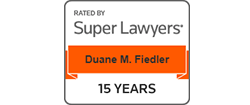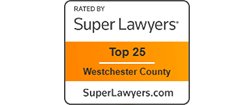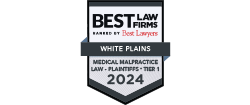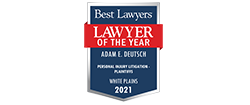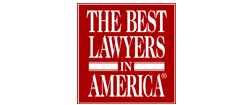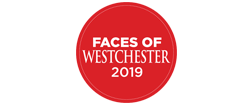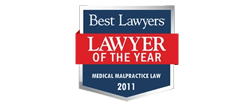In New York, if someone passes away at your house, whether you’re liable depends largely on the circumstances and cause of death. Homeowners have certain legal obligations for safety, but liability is not guaranteed in every case. Understanding how state law applies to these situations will shed light on homeowner responsibilities and potential outcomes.
Common Scenarios Leading to Liability
Several scenarios can lead to homeowner liability in the unfortunate event that someone dies on their property. Some of these scenarios include:
Social Host Liability in New York
In New York, social host liability laws extend the responsibility of homeowners to situations where they provide alcohol to minors.
- 11-101. Compensation for injury caused by the illegal sale of intoxicating liquor. 1. Any person who shall be injured in person, property, means of support, or otherwise by any intoxicated person, or by reason of the intoxication of any person, whether resulting in his death or not, shall have a right of action against any person who shall, by unlawful selling to or unlawfully assisting in procuring liquor for such intoxicated person, have caused or contributed to such intoxication; and in any such action such person shall have a right to recover actual and exemplary damages.
This aspect of liability may become relevant when an underage guest consumes alcohol on the homeowner’s property and subsequently causes harm or death, either to themselves or others.
Accidental Deaths
In situations involving accidental deaths on a homeowner’s property, negligence plays a pivotal role in legal and civil proceedings. For instance, if a homeowner fails to repair known hazards – such as a broken step, a weak floor that gives way, or an improperly secured swimming pool – this oversight can result in liability for any injuries or deaths that occur as a result.
Liability hinges on the concept that the homeowner had a duty to ensure the safety of their property but failed to take reasonable steps to mitigate known risks.
Criminal Activity
When a death on a property is the result of criminal activity, the homeowner’s liability enters a complex legal territory. For example, if inadequate security measures, such as broken locks, insufficient lighting, or a lack of security cameras, contributed to the occurrence of criminal activity that resulted in a death, the homeowner could be held civilly liable.
This aspect of liability is based on the fact that the homeowner did not provide a reasonably safe environment, potentially allowing for criminal activity to cause harm. It is not necessary for the homeowner to have directly contributed to the criminal activity; rather, their failure to take preventive measures against foreseeable criminal actions can put them at legal risk.
Reducing Risk and Liability
Implementing proactive safety measures and appropriate responses to hazards can help homeowners reduce their liability in these situations.
Home Maintenance
One of the primary measures you can and should take to prevent accidents and ensure your property and your visitors’ safety is to conduct regular home maintenance and repairs.
Taking a proactive approach to identify and address potential hazards – like loose railings, cracked walkways, and malfunctioning electrical outlets – doesn’t only decrease the likelihood of injury, it also decreases your liability.
Insurance Coverage
Understanding and maintaining adequate homeowner’s insurance coverage is paramount for financial protection against potential claims of negligence. Your policy should include personal liability coverage, which can offer financial protection in the event that someone is injured on your property and you are found to be at fault.
Regularly reviewing your policy with your insurance agent ensures that you are aware of what is and isn’t covered, allowing you to make necessary adjustments to your coverage.
Legal Compliance
Adhering to local building codes, safety regulations, and fire standards is not only a legal obligation but also an effective way to prevent incidents on your property. Compliance with these regulations demonstrates a commitment to the welfare of your guests and can significantly mitigate your liability risks.
Regular inspections, obtaining necessary permits for renovations, and installing required safety devices such as smoke detectors and fire extinguishers are all part of maintaining a safe environment for everyone.
As a homeowner faced with someone passing away on your property, understanding the liability implications and seeking legal counsel can help protect you. If you need assistance or if your loved one passed away at someone’s property, contact a White Plains personal injury attorney or Westchester County personal injury attorney today to schedule a free consultation.
 Because Relationships Matter
Because Relationships Matter 



